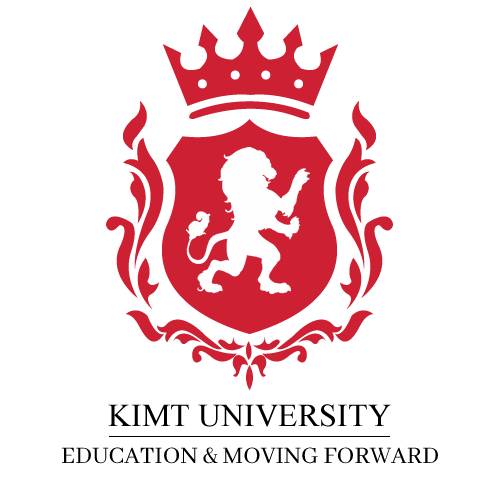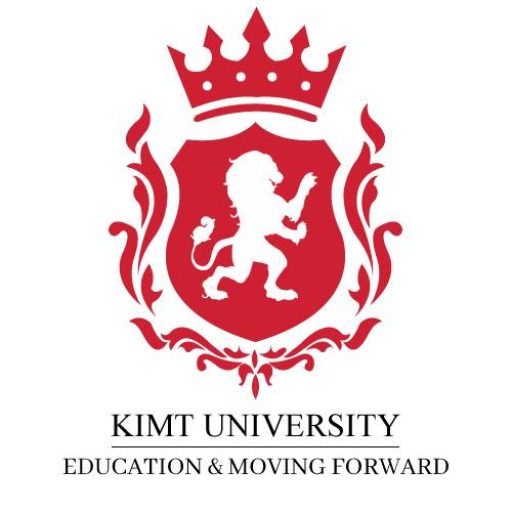Bachelor of Agricultural Science (BS)
Degree qualification
Bachelor of Science (BS)
Learning Mode
Online
Duration
3 years
Study mode
Full time
Total credits
180
Location of study
Approved centers/KIMT University
Course starting dates
Flexible entry options
Additional information
Accredited, Study abroad
Qualification
Bachelor / Hons
Overview
The Bachelor of Agricultural Science prepares you to understand and influence future agricultural systems, through the integration of the rapidly developing field of AgTech with key agricultural science subjects. You will develop skills in digital agriculture, agricultural economics, soil science, and crop and livestock production, and learn to integrate agricultural systems with new digital technologies, for improved farm efficiency and productivity.
A quality education in Agricultural Science from KIMT equips graduates with attributes that are highly valued and sought after by a diverse range of employers around the globe, and provides the opportunity to harness the skills and knowledge necessary to make a real contribution to the global challenges facing humanity.
The Bachelor of Agricultural Science will give you the relevant, up-to-date skills to help you take your place in this exciting industry.
You will dig into every aspect of agriculture. That includes pastures, crops, animal and soil sciences, economics, agribusiness and the influence of Government policies & regulations. You will learn about future and present issues in the industry and gain skills in the use of technology in agriculture. Disciplines like engineering, physics, chemistry and biology are also an important part of gaining a broad understanding of the primary industries.
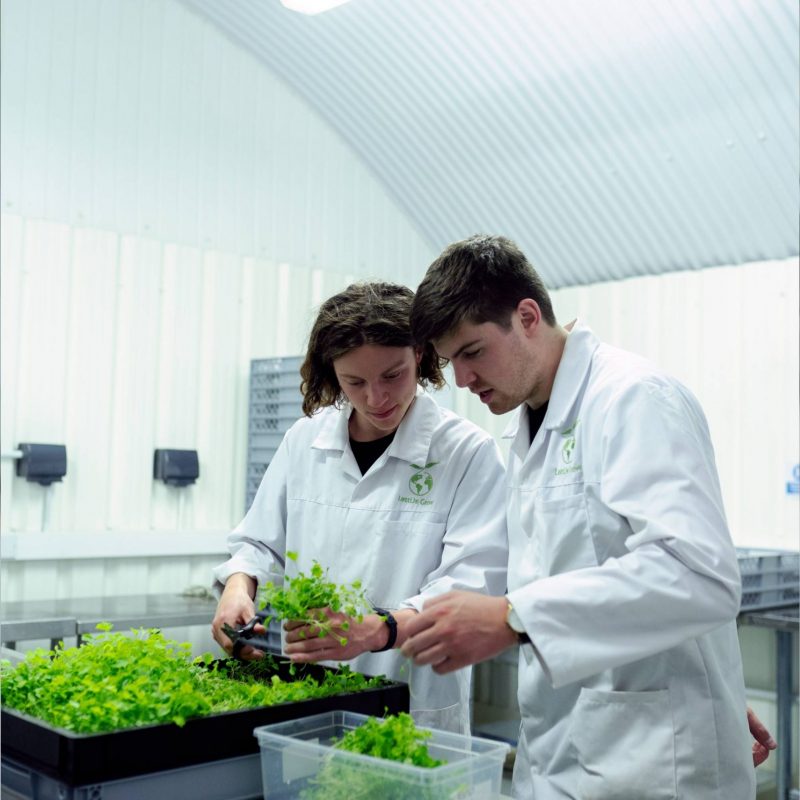

Course structure
A bachelor’s degree at KIMT is three years (180 credits) and consists of various learning activities:
- Explain the role, relevance, contemporary issues and major drivers of sustainable agricultural production and their value chains in society.
- Guide multi-disciplinary decision-making through integrating knowledge and skills from the core sciences, business and agriculture.
- Design and implement sustainable agricultural applications and solutions using scientific investigations, including quantitative and qualitative analyses, and critical evaluation of results.
- Compile and communicate scientific results, information, and arguments using a variety of modes including a research thesis or a professional report to a range of audiences to expand the knowledge base and inform agricultural decision making.
- Use ethical, responsible, respectful and safe work and project management practices while adhering to relevant regulatory, and professional frameworks.

What You'll Study
The thesis project is an independent piece of research based on a topic related to a student’s
degree programme. Students are encouraged to focus on a problem confronting industry or a
related area. The individual project provides students with an opportunity to demonstrate how
the in-depth skills and knowledge they have gained during the taught courses can be used to
provide solutions to practical problems. The individual project should contain a degree of
original research.
First year
During the first year, you become familiar with the areas of business management foundation courses. You predominantly develop your competences by taking 10 basic courses like Financial Accounting, Business Law, Business communication, Environmental Ethics, Strategic Management etc.
Second year
In the second year, you spend approximately a third of the academic year on agricultural science course in one of the themes.
You take four courses linked to the construction management basics and rests are combined with agricultural science areas of expertise agricultural systems related courses.
Third year
The third year is all about strengthening your vision and identity and about demonstrating your competences in the Final Bachelor’s Project along with you get a solid foundation on your major. You will be taught subjects like- Food and Fibre Production in a Global Market, Sustainable Resource Management, Global Food Supply, Soil Fertility & Fertilisers, Crop Production, Agronomy, Animal Science, Horticultural Science and Applied Engineering in Agriculture and Horticulture Systems etc. courses. In individual project you show that you are able to analyze and research a business case relevant to agricultural science by formulating a clear research question. You collect and analyze data, define possible causes and explanations for the issue and provide recommendations for improvement.
What You'll Study
PROGRAMME SPECIFIC REQUIREMENTS
- In order to qualify for the studies in KIMT University an applicant must have secondary school diploma or equivalent qualification.
- Learner must be 18 years or older at the beginning of the course
- An application describing Why are you interested in this course
- English requirements: If a learner is not from a majority English-speaking country must provide evidence of English language competency.

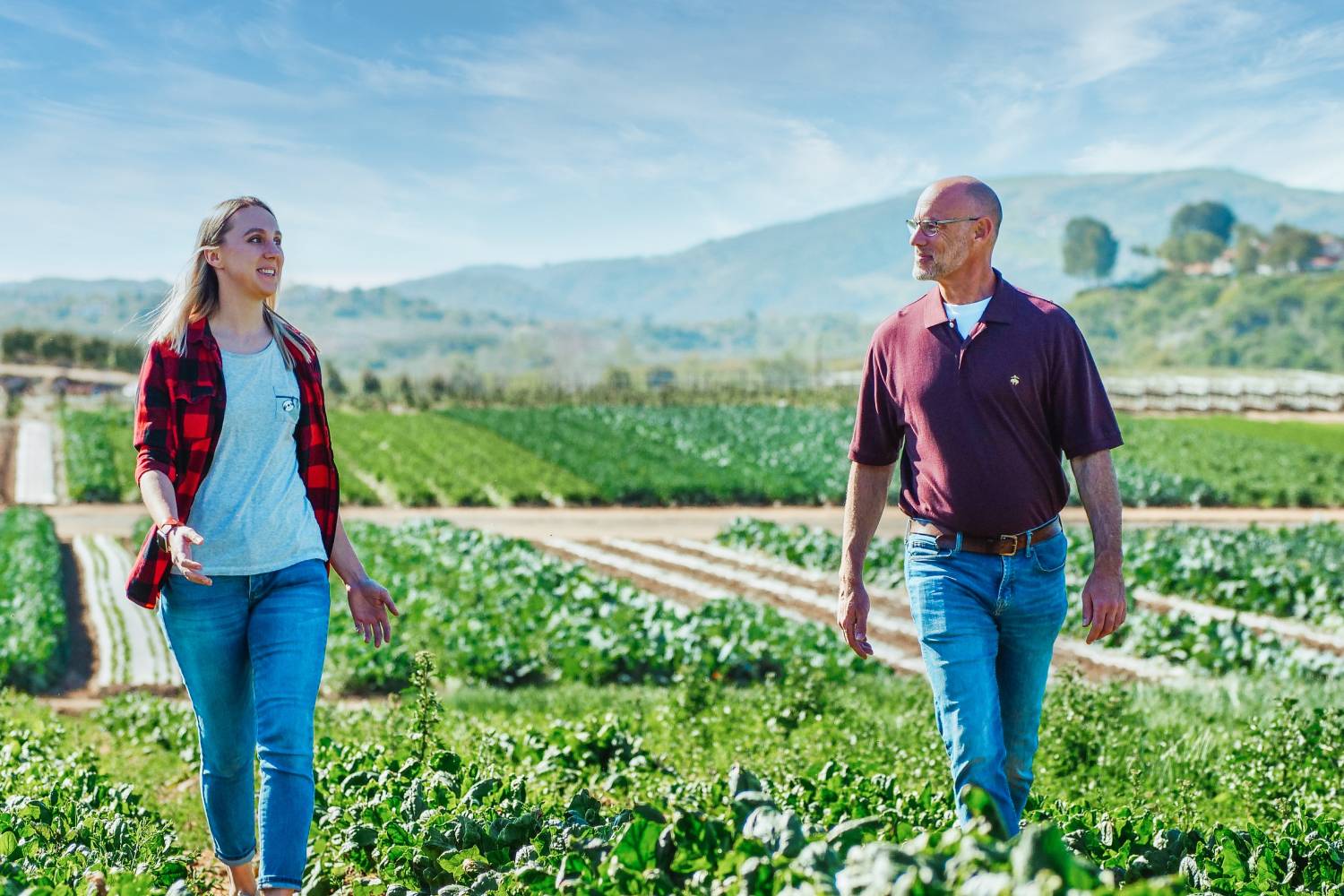
Assessment and verification
We assess both the theoretical and practical elements of the course. Assessment is through written assignments, a profile of evidence of teaching standards and observed teaching. All modules within this program are internally assessed by approved center and externally verified by KIMT University. To achieve a pass for a module, learners must provide evidence to demonstrate that they have fulfilled all the learning outcomes and meet the standards specified by all assessment criteria. Judgment that the learners have successfully fulfilled the assessment criteria is made by the Assessor. The Assessor will provide an audit trail showing how the judgement of the learners’ overall achievement has been arrived at.
METHOD OF ASSESSMENT
Knowledge, understanding and intellectual skills are assessed through a combination of course assignments and presentations. The weighting for the final overall assessment for each course taken shall be as follows:
- 90% Assignments
- 10% Presentation and viva
At the end of the program each student also submit a research project paper
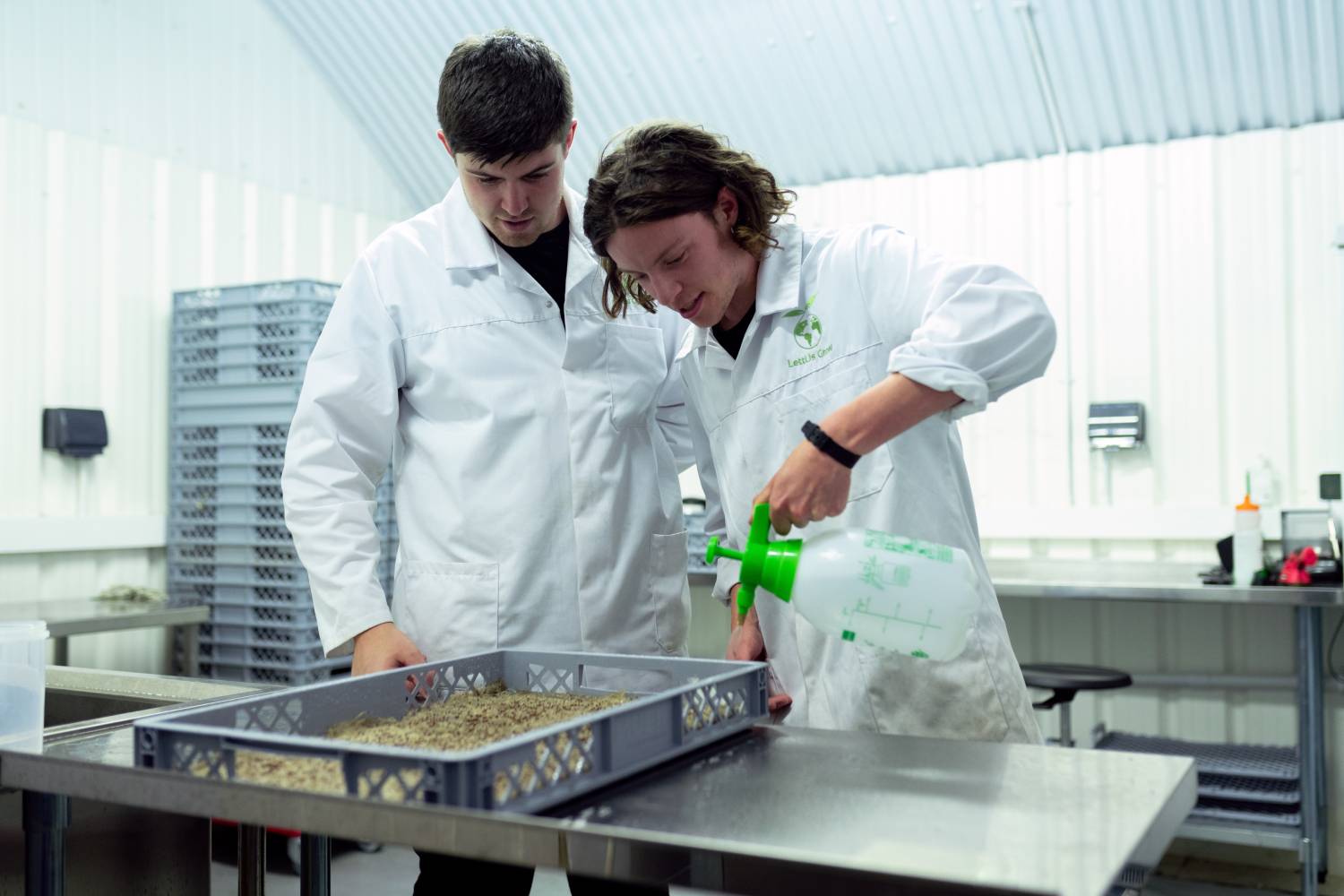
Programme modality
The program is studied 100% online through the virtual learning platform with tutor support.
You will receive excellent support from the academic team, including your programme manager and your supervisor who will be with you every step of the way.
Duration
The programme is design to be delivered through 3 years but can be completed earlier.
